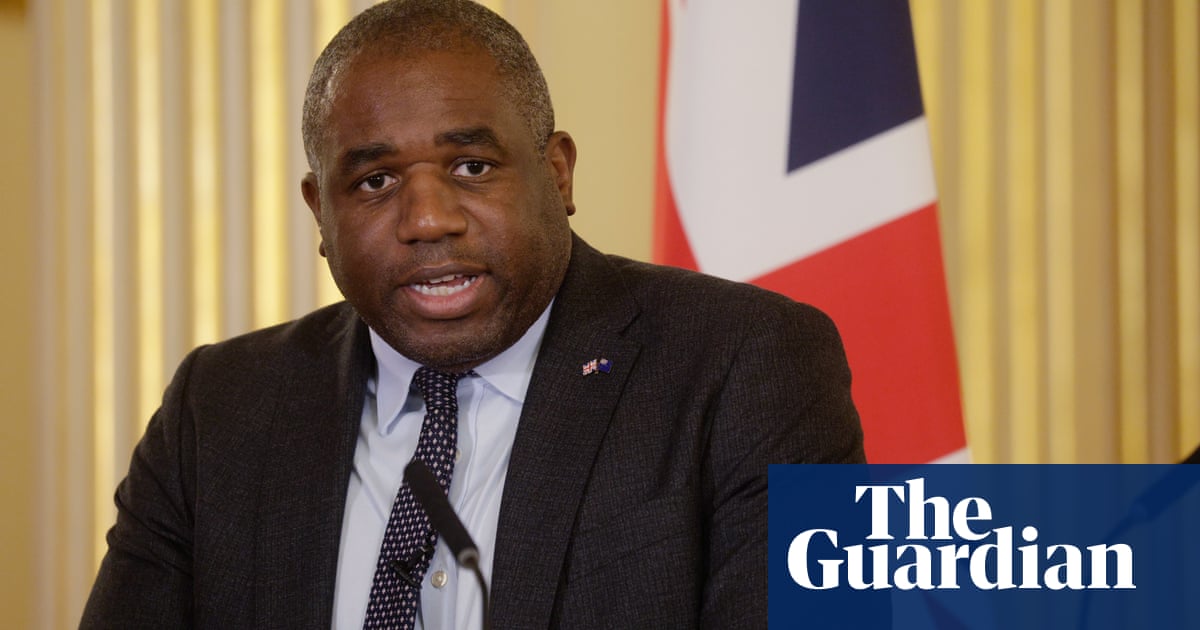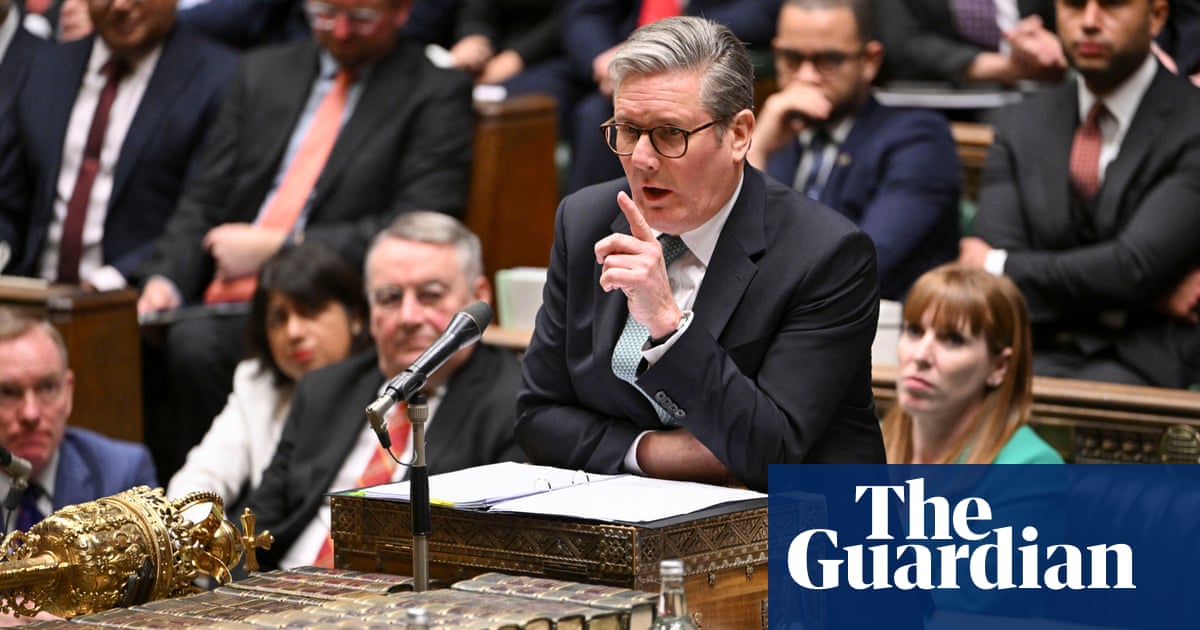The announcement that the tuition fees paid by English students (but not Scottish, Welsh or Northern Irish ones) are to rise next year is a response to the financial crisis threatening the sector. With about 40% of England’s universities suffering deficits, course closures and a fall in international applications following visa restrictions imposed by the last government, ministers needed to act. Higher education was left out of last week’s budget. But Labour has now accepted the case put by universities that the freeze on fees, which have stayed at £9,250 since 2017, should end.
Fortunately, it has also accepted that the pressure on students is not tenable. Fees for foundation year courses are to be lowered while maintenance loans will rise by just over £400 a year for the poorest students, a change that ministers hope will offset anger at rising fees. With recent figures showing that the proportion of students eligible for free school meals who progressed to university fell in 2022-23, Bridget Phillipson and her colleagues are right to be concerned. Clearly, the trend of widening access cannot be assumed.
University bosses had suggested fees should rise as high as £12,500, if costs are to be covered and their need for cross-subsidy from international students removed. Instead, the figure chosen by ministers is an inflation-linked £9,535. Since 2012, fees have lost a third of their value in real terms. The new money should contribute to an easing of current pressures – which universities should strive to ensure is felt by students as well as staff.
Unfortunately, housing and other pressing needs mean this is unlikely. Fee and debt increases have a psychological as well as financial impact, and the overall burden taken on by students has already significantly increased. In 2022, the Tories dropped the threshold for repayments to £25,000 and extended loans from 30 to 40 years – meaning that many graduates will continue paying into their 60s.
Linked as they are to earnings, student fee repayments are unlike any other loans. The consumer champion Martin Lewis has argued, persuasively, that they should be renamed graduate contributions, since conceiving of them as loans can be misleading. Some young people have paid loans off only to realise too late that it only benefits the highest earners to do so. Meanwhile, the option for the wealthiest families to repay immediately, thus avoiding interest, remains a serious unfairness.
The system’s reliance on parental top-ups should also be more honestly addressed. Maintenance loans are mean-tested based on parental income, and many students receive an amount that is insufficient to cover their rent, let alone food and other living costs. The current system is complicated, but made harder to understand when key facts are skirted around by politicians.
This includes Sir Keir Starmer. The prime minister explained his abandonment of a pledge to abolish tuition fees by pointing to the funding crisis in the NHS. What this fails to address is the marketising rationale behind charging students in the first place, which has harmed higher education. More generous funding from central government would be a better solution. The best that can be said of the decision to put up fees is that it shows the government knows that a deadlock regarding funding is not a solution. But if universities are to fulfil their remit of helping our society to grow, and our economy to develop, ministers must not stop here.
-
Do you have an opinion on the issues raised in this article? If you would like to submit a response of up to 300 words by email to be considered for publication in our letters section, please click here.

.png) 2 months ago
17
2 months ago
17













































